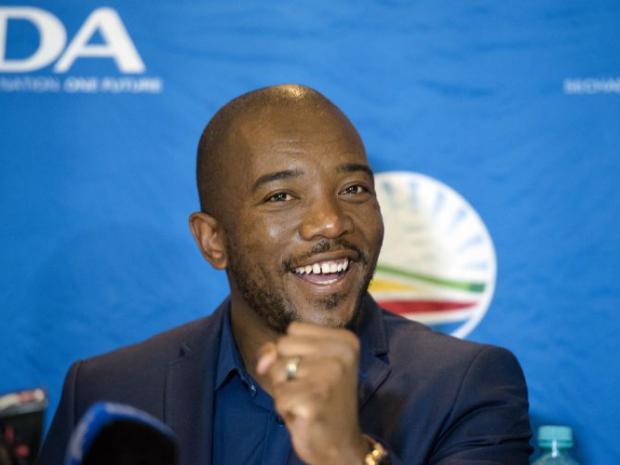-
Tips for becoming a good boxer - November 6, 2020
-
7 expert tips for making your hens night a memorable one - November 6, 2020
-
5 reasons to host your Christmas party on a cruise boat - November 6, 2020
-
What to do when you’re charged with a crime - November 6, 2020
-
Should you get one or multiple dogs? Here’s all you need to know - November 3, 2020
-
A Guide: How to Build Your Very Own Magic Mirror - February 14, 2019
-
Our Top Inspirational Baseball Stars - November 24, 2018
-
Five Tech Tools That Will Help You Turn Your Blog into a Business - November 24, 2018
-
How to Indulge on Vacation without Expanding Your Waist - November 9, 2018
-
5 Strategies for Businesses to Appeal to Today’s Increasingly Mobile-Crazed Customers - November 9, 2018
ANC takes Johannesburg but below 50% of votes
The three-year-old party – contesting its first local elections – has not reaped as much rewards from voters deserting the ruling African National Congress as the main opposition Democratic Alliance (DA), and is in a distant third place in the elections with about 8 percent of the vote countrywide.
Advertisement
South Africa’s President Jacob Zuma arrives for the official announcement of the munincipalelection results at the result centre in Pretoria, South Africa, August 6, 2016. The ANC lost the capital, Pretoria, and its surrounding Tshwane metropolitan area.
The results of Wednesday’s voting have reshaped the political landscape in South Africa, where the ANC has ruled virtually unopposed since it ended white-minority rule in 1994, led by Nelson Mandela.
But unemployment, a stagnating economy and scandals around President Jacob Zuma led voters to punish the ANC, changing the outlook for national elections in 2019 and potentially emboldening Zuma’s rivals within the ANC to challenge him.
Beside the defeat in Tshwane, the ANC lost the symbolic Nelson Mandela Bay municipality, which includes the manufacturing hub Port Elizabeth, to the DA by a margin of 46.7 to 40 percent.
The Democratic Alliance, which has roots in the anti-apartheid movement and had a white party leader until a year ago, won Nelson Mandela Bay after fielding a white candidate for mayor.
DA leader Maimane hailed the result as a landmark for his party.
ANC in Gauteng thanks all the people who went out to exercise their democratic right to vote in the 2016 Local Government Elections.
Which leaves, as the only option left, Malema getting into bed with the DA – a party he has consistently scorned as an agent of the “white monopoly capital” he says still controls Africa’s most industrialised economy.
But the Democratic Alliance, lead by Mmusi Maimane, took 43 per cent of the vote, compared with the ANC’s 41 per cent.
But the ANC’s worst losses since the end of apartheid have shifted South Africa from what was effectively a one-party system into an era of coalition politics – allowing the EFF to punch above its weight in the role of kingmakers.
Maimane immediately looked ahead to presidential elections.
The ANC before the election said it remained the most powerful political force in the country and pointed to the strides it had made in improving the lives of South Africans. He said: “The 2019 campaign starts now”.
Malema has drawn support with promises to nationalise banks and land and redistribute among poor black people wealth still mostly in white hands – policies that both the DA and the ANC have not found palatable.
Vice-president and party deputy leader Cyril Ramaphosa said the ANC would heed the electorate’s message.
Advertisement
Scandals swirling around Mr Zuma have also hurt the ANC. Opposition groups have seized on the revelation that the state paid more than 20 million dollars (£15 million) for upgrades to Mr Zuma’s private home.





























